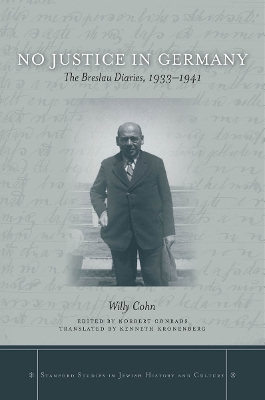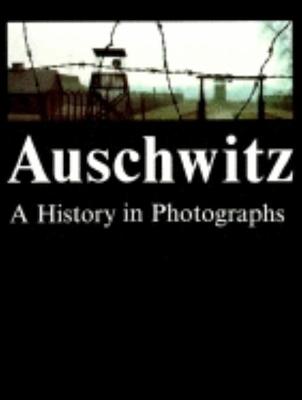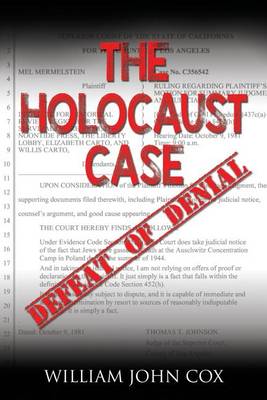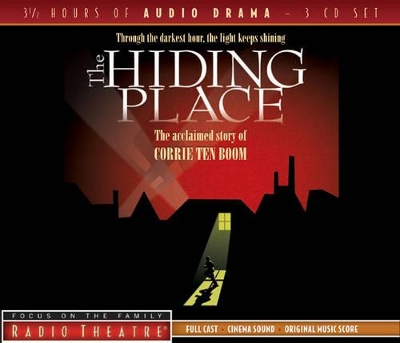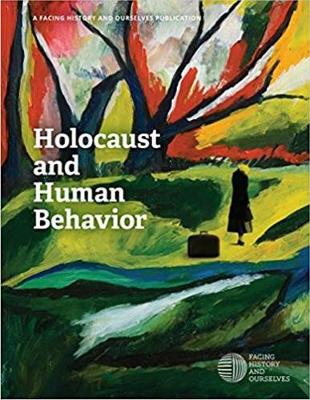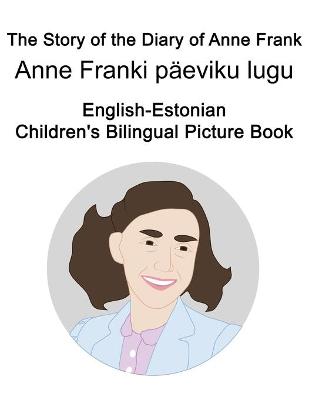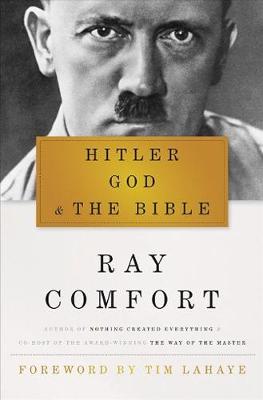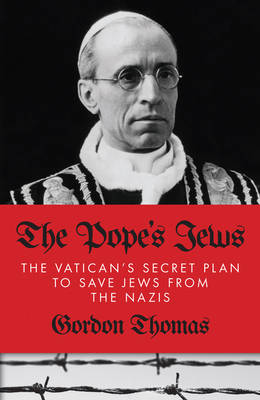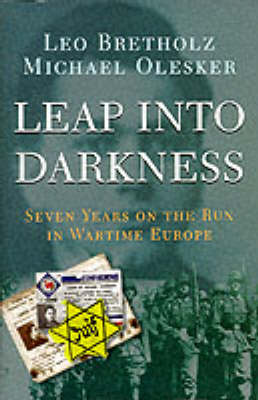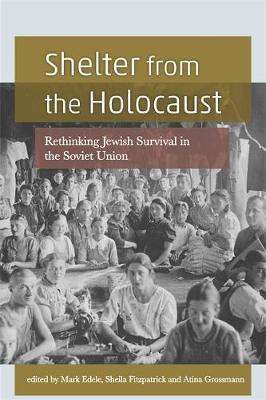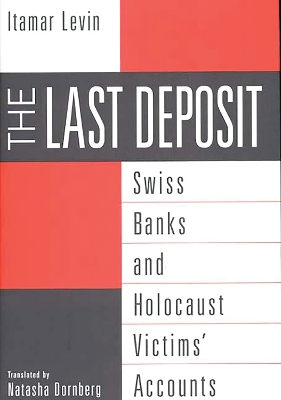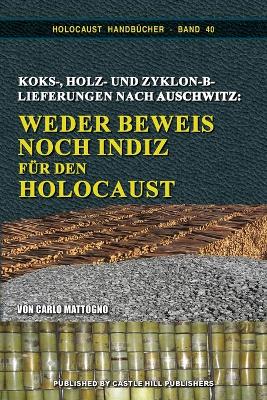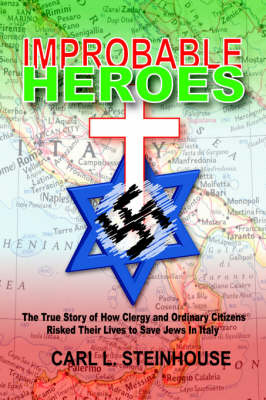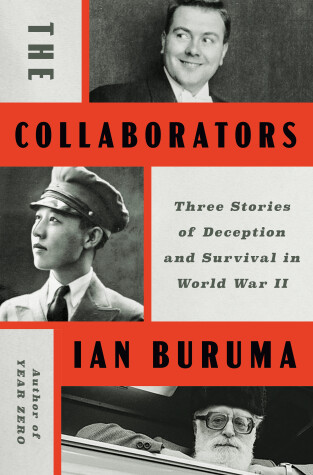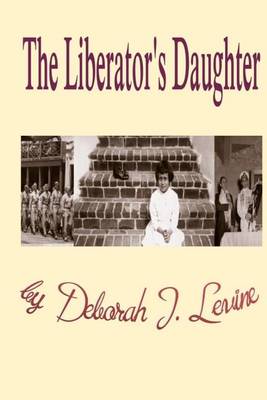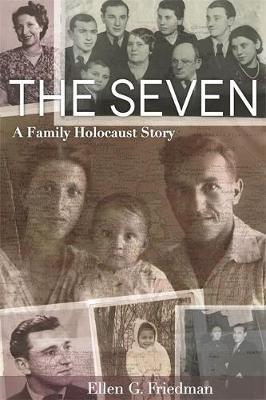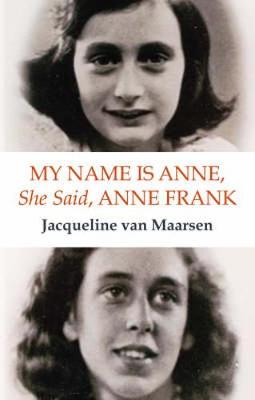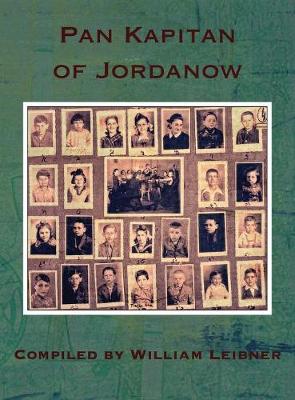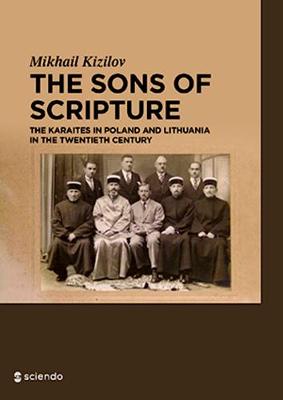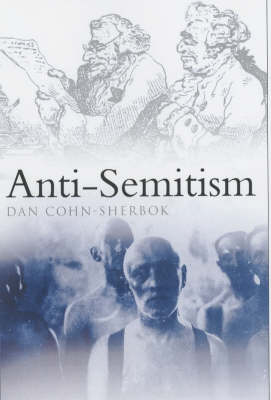Haft Unterm Hakenkreuz (Sachsische Gedenkstatten)
by Susanne Hattig, Silke Klewin, Ralf Marten, Jan-Henrik Peters, Sven Riesel, and Volker Strahle
No Justice in Germany (Stanford Studies in Jewish History and Culture)
by Willy
With great immediacy, the diaries of Willy Cohn, a Jew and a Social Democrat, show how the process of marginalization under the Nazis unfolded within the vibrant Jewish community of Breslau—until that community was destroyed in 1941. Cohn documents how difficult it was to understand precisely what was happening, even as people were harassed, beaten, and taken off to concentration camps. He chronicles the efforts of the community to maintain some semblance of normal life at the same time as many...
English-Estonian The Story of the Diary of Anne Frank/Anne Franki paeviku lugu Children's Bilingual Picture Book
by Richard Carlson
This revelatory account of how the Vatican saved thousands of Jews during the Second World War shows why history must re-assess 'Hitler's Pope'. Accused of being 'silent' during the Holocaust, Pope Pius XII and the Vatican of World War II are now exonerated in The Pope's Jews. Thomas's careful research into new, first-hand accounts reveal an underground network of priests, nuns and citizens who risked their lives daily to protect Roman Jews. Investigating assassination plots, conspiracies, and s...
Leo Bretholz survived the Holocaust by a series of audacious escapes in an effort to stay one step ahead of the Nazis and their Final Solution. He leaped from trains, ran from police, hid in attics, and assumed aliases during his almost seven year ordeal criss-crossing war-torn Europe. This is his story.
Shelter From The Holocaust
The first book-length study of the survival of Polish Jews in Stalin's Soviet Union. About 1.5 million East European Jews-mostly from Poland, the Ukraine, and Russia-survived the Second World War behind the lines in the unoccupied parts of the Soviet Union. Some of these survivors, following the German invasion of the USSR in 1941, were evacuated as part of an organized effort by the Soviet state, while others became refugees who organized their own escape from the Germans, only to be deported...
The injustices committed against millions of Europe's Jews did not end with the fall of the Third Reich. Long after the Nazis had seized the belongings of Holocaust victims, Swiss banks concealed and appropriated their assets, demanding that their survivors produce the death certificates or banking records of the depositors in order to claim their family's property-demands that were usually impossible for the petitioners to meet. Now the full account of the Holocaust deposits affair is revealed...
Ian Buruma's spellbinding account of three near-mythic figures—a Dutch fixer, a Manchu princess, and Himmler’s masseur—who may have been con artists and collaborators under Japanese and German rule, or true heroes, or something in between. On the face of it, the three characters here seem to have little in common—aside from their all having committed wartime acts that led some to see them as national heroes, and others as national disgraces. The three were all mythmakers, larger than life story...
A literary memoir of exile and survival in Soviet prison camps during the Holocaust. Most Polish Jews who survived the Second World War did not go to concentration camps, but were banished by Stalin to the remote prison settlements and Gulags of the Soviet Union. Less than ten percent of Polish Jews came out of the war alive-the largest population of East European Jews who endured-for whom Soviet exile was the main chance for survival. Ellen G. Friedman's The Seven, A Family HolocaustStory is a...
Jacqueline van Maarsen's father was Dutch, her mother French; he was Jewish, she a Catholic. In 1938, after unremitting effort, he succeeded in registering his wife with the Jewish Council in Amsterdam. From that moment on, his two daughters were also considered to be Jews. Jacqueline was forced to go to a special school for Jewish children - it was there that she met Anne Frank and they immediately became friends. Unlike Anne Frank, Jacqueline van Maarsen escaped deportation thanks to her stro...
Drawing on the variety of archival sources in the host of European and Oriental languages, the book focuses on the history, ethnography, and convoluted ethnic identity of the Polish-Lithuanian Karaites. The vanishing community of the Karaites, a non-Talmudic Turkic-speaking Jewish minority that had been living in Eastern Europe since the late Middle Ages, developed a unique ethnographic culture and religious tradition. The book offers the first comprehensive study of the dramatic history of the...
Dan Cohn-Sherbok traces the origins of anti-Semitism and its manifestations, from political opposition, to racial persecution and religious and philosophical justifications for some of history's most outrageous acts. Against this background of intolerance and persecution, Cohn-Sherbok describes Jewish emancipation from the late 18th century and its gradual transformation into the parallel political and nationalistic ideal of Zionism. He explores how, in the post-war period, anti-Semitism, alread...

